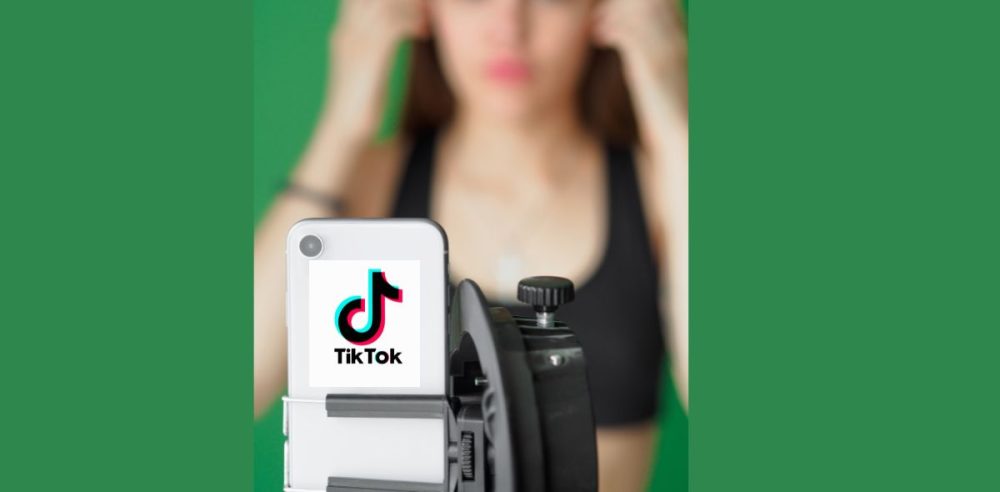Concerns surrounding Chinese-owned TikTok run deep and wide, including underage teens using livestreams to perform sexually suggestive acts.
Forbes took down the scales of this disgraceful TikTok practice in 2022 when the outlet reported how a 14-year-old girl, MJ, used TikTok to make money.
“$35 for a flash,” one viewer responded to MJ, per Forbes.
The publication examined hundreds of TikTok livestreams to uncover the widespread practice of encouraging young girls to showcase their sex appeal, bordering on child pornography, and rewarding those who comply with gifts on TikTok or payments through Venmo, PayPal, and similar platforms.
TikTok initiated an internal investigation and revealed that adolescents as young as 15 were stripping on TikTok, supported by adults who were making payments for it, as reported by NPR. Furthermore, documents indicate that TikTok leaders were informed and seemed undaunted.
The documents were reportedly part of a lawsuit filed against TikTok. On October 8, a bipartisan group of attorneys general filed separate suits against TikTok in 13 states and the District of Columbia.
The suits were filed by attorneys general in New York, California, Illinois, Kentucky, Louisiana, Massachusetts, Mississippi, North Carolina, New Jersey, Oregon, South Carolina, Vermont, Washington, and the District of Columbia.
NPR and Kentucky Public Radio examined the documents, including pages not open to the public.
The lawsuits argue that TikTok is harmful to teens, targeting them and getting them addicted to the platform.
“TikTok intentionally manipulates the release of dopamine in Young Users’ developing brains and causes them to use TikTok in an excessive, compulsive, and addictive manner that harms them both mentally and physically,” read the Kentucky lawsuit, per Louisville Public Media.
TikTok representative Alex Haurek expressed his frustration with NPR’s decision to publicly reveal parts of the redacted content, which included candid conversations among TikTok executives about various risks for children on the popular video platform.
“It is highly irresponsible of NPR to publish information that is under a court seal,” Haurek said, per NPR. “Unfortunately, this complaint cherry-picks misleading quotes and takes outdated documents out of context to misrepresent our commitment to community safety.”


